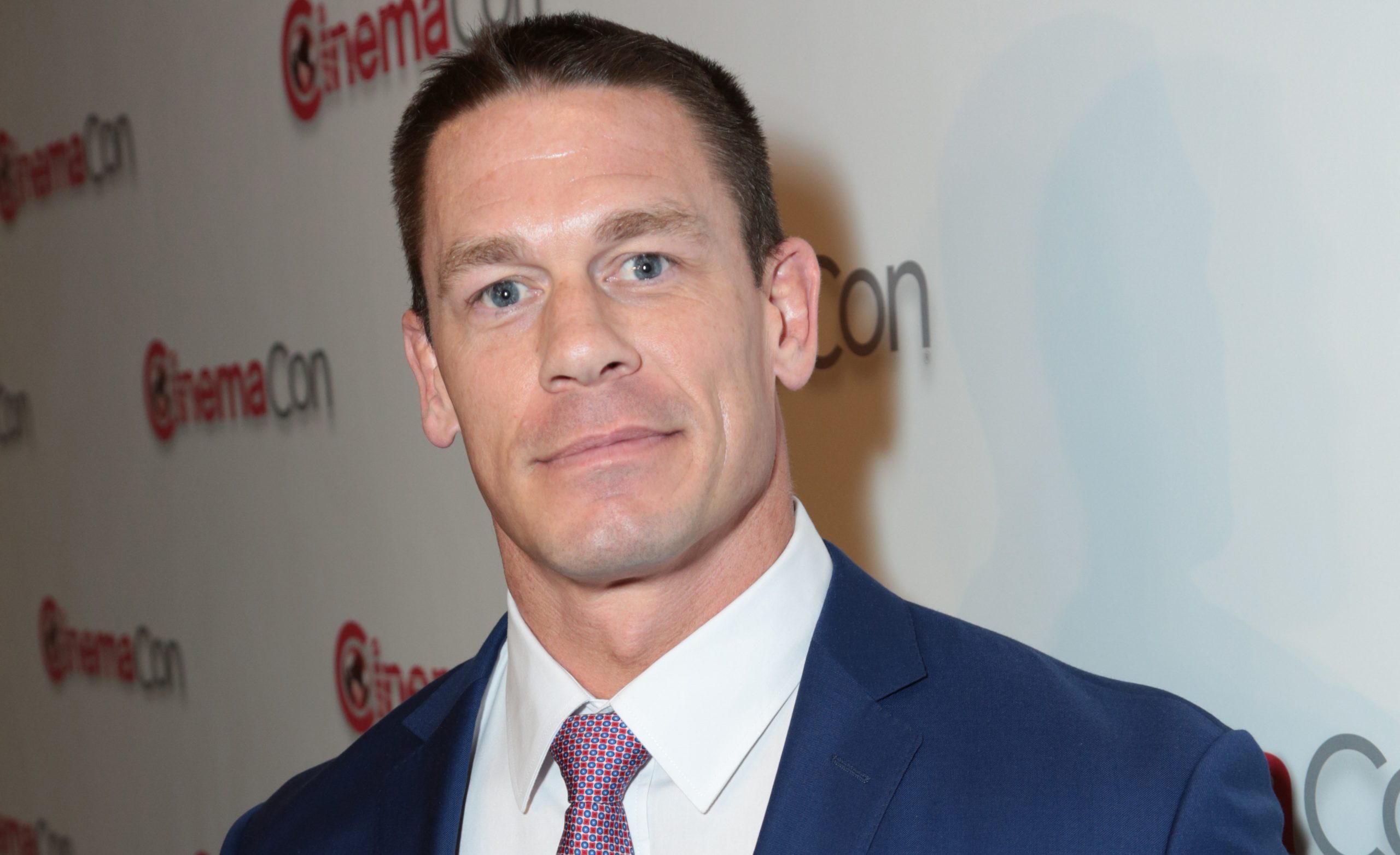
Something tells me Nigeria is entering an exciting new era in sports.
To start with, we have a new minister. He is a breath of some fresh air after a long period in wilderness when nobody could tell where sport was going with crisis and confusion in most parts in administration.
Secondly, ‘morning shows the day’.
Since he was announced as the new minister the elements have gone to work, churning the fortunes of Nigerian sports to come up with something new, the hope of a better future sprouting, a muted celebration of the departure of the boy’s scout and the arrival of a journalist to the seat of sports.
The first good news is that the new one is different – young, great resume, impressive antecedents and a positive aura!
Although none of the successes at the ongoing All African Games in Morocco, his very first assignment, can be attributed to him, stakeholders have chosen to see them to nature’s way of indicating a new wind blowing in the land of Nigerian sport.
True, once again we were not given one of our own, a tested sports person with the qualifications, experience and vision that will make Nigeria achieve its true potentials in sport, but what is presented us already shows glimpses of new, exciting and interesting possibilities.
So, enter Mr. Sunday Dare, the new minister.
His first words as minister are a revelation of his person.
I am told that as he drove into the premises of his new Ministry in Abuja for the very first time, he immediately observed a discrepancy in the signposted name of the ministry. The letter he had received from the Presidency had clearly stated the role of the fundamental roles of the ministry.
“Where is the ‘Development’ at the end of ‘Ministry of Youth and Sports on the sign-post.”
It was a question that reflected the depth of the man and the attention he pays to details.
The proper name is Ministry of Youth and Sports Development.
Omitting the word ‘Development’ speaks volumes about the shallowness of the past. Noticing and re-inserting now reveals the depth and understanding of the present. That is the critical word in the ministry’s role in sports in the country.
My own immediate response is to give Mr. Dare a resounding pass mark and pledge my humble support to further his appreciation of developing sports in the country.
Of course, Sunday Dare, is not new to those of us who have been in the media for the past two decades. He was a part of the activist media that fought an unpopular autocratic government in Nigeria at a time to a standstill through their guerilla journalism tactics in the emergence of The News, Tempo and PM News.
That he was born and grew up in Jos is also a confirmation of his national outlook. Those of us Southerners that grew up in cosmopolitan Jos in those days did not imbibe any iota of ethnic, religious, or tribal bias.
On Yandoka Street in Jos, we (the Odegbamis, Yoruba, Muslim mother, and Christian father) lived in the same house with the landlord, a Muslim Hausa man with his family of many children and three wives in purdah, and a third family, Igbo (the Otakpors from Onitsha Ugbo who were Catholics).
We shared separate apartments (room and parlour) that all exited into a common compound. The product was that I ended up speaking Hausa and Igbo languages along with my native Yoruba and never thought of the cultural differences between us. Till this day, the remnants of the three families have remained family friends and are still in touch for over four decades. That was the kind of place that produced Sunday Dare.
These days it would be unthinkable, almost sacrilegious, to imagine such a set-up in the same town that has now become the theatre of senseless, endless political and ethno-religious, cultural and political conflagrations.
So, without ever even meeting him, I took it for granted what stock Sunday Dare came from, a breed of Nigerian unpolluted by ethnicity or religion, or language. I was not surprised, therefore, when I learnt that he, a Yoruba man, worked (and headed?) in the Hausa Service of the Voice of America during his sojourn in the United States of America after a first-class education.
I may not be former governor, Ahmed Bola Tinubu’s best friend, but one thing everyone gives him credit for is his ability to identify gifted people in the business of government. The list of his choice of close aides is a revelation of quality. Most have them have left indelible marks, needless to go through that long list. That the new minister worked with him and handled his delicate media relations also tells a story about the nature of the man, one who likes to work quietly behind the scene without drawing too much attention to self and taking credit even for what he did so well. He is of the same ‘school’ of professional ethics as Kunle Ajibade, Seye Kehinde, Onome Whiskey, Babafemi Ojudu (before he went into politics) and so on, consummate professionals driven by an uncommon commitment to service, ethics and good conduct.
So, a supreme journalist in sports surely presents something new and something different. So, we must all join hands and support him.
That is, therefore, my attitude to the New Sherriff in town.
Welcome to the world of Nigerian sports, Mr. Sunday Dare.
Lee Evans returns to his roots in Ogun State.
My first suggestion to readers is to google the name ‘Lee Evans’.
Twice in the past, I have written about him on this page.
He is an African-America who has traced his ancestral roots to this part of Africa and has chosen, after crisscrossing the world to teach what he knows best to young boys and girls (athletics), to settle in Nigeria where his DNA testing reveals he is originally from.
Ron Davis, another legendary American former athlete and coach, now settled in Tanzania working with Filbert Bayi, the greatest sports export from that East African country, describes Lee as the best Sprints coach in the world!
Lee Evans’ work and records as a coach lends credence to Ron’s assessment.
Here in Nigeria, those of us who were in various national sports teams of the 1970s and 1980s can easily testify of Lee’s unmatched contributions to the building of the greatest era in sports in the history of Nigeria.
That was the generation when a few African-Americans coaches came into Nigerian sports, brought their Collegiate system philosophy and system and changed Nigerian sport for good.
Oliver Johnson worked in basketball, with Ahmadu Bello University as his base. Some 40 years later he is still producing some of the best basketballers in Nigeria. He produced Nigeria’s greatest basketball export – Hakeem ‘The Dream’ Olajuwon.
Archie Moore, the legendary American Boxer, world Light-heavy weight boxing champion in his time, produced Nigeria’s greatest boxers in Obisia Nwankpa and Davidson Andeh.
Lee Evans produced two generations of the greatest runners in Nigeria’s history – Felix Imabiyi, Taiwo Ogunjobi, Gloria Ayanlaja, Innocent Egbunike, Henry Amike, Joke Dosumu, Kola Abdullahi, Lawrence Adegbehingbe, Kemi Sangodeyi, and so on, a long list indeed, with each of the legendary athletes a testimony of his unique coaching skills and style.
The good news is that I have managed to convince him to spend the rest of his life in his roots here in Nigeria and to help identify, teach and train young boys and girls for the country.
He will be working out of my small sports academy in Wasimi, Ogun State, and extending his training programmes to coaches and young athletes in Ogun State and across Nigeria.
Lee Evans was a former 400-meter World Champion whose world record, set in 1968, stood unbroken for over 20 years before Michael Johnson shattered it. He was a double Olympic Gold medalist and a distinguished member of the American Hall of fame in Athletics.
I welcome him back to his roots, to work and to a place of rest, Wasimi.






